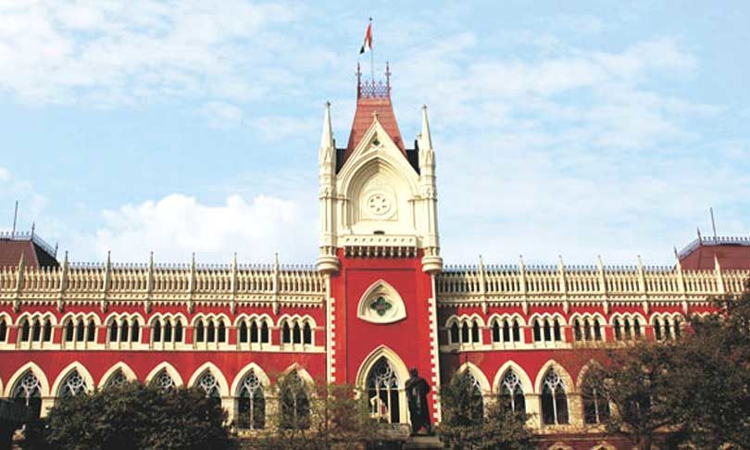The Calcutta High Court while enumerating upon the vires of power in plenary jurisdiction observed that although Order 47, Rule 1 of the CPC imposes a restriction upon parties to approach the Court for review of an order only on the grounds mentioned therein, however such a provision does not and cannot curtail the High Court's power to pass orders ex debito justitiae.A Bench comprising...

